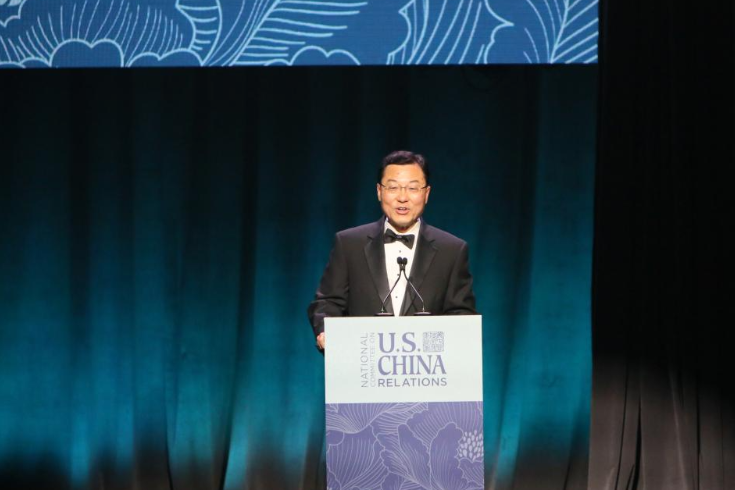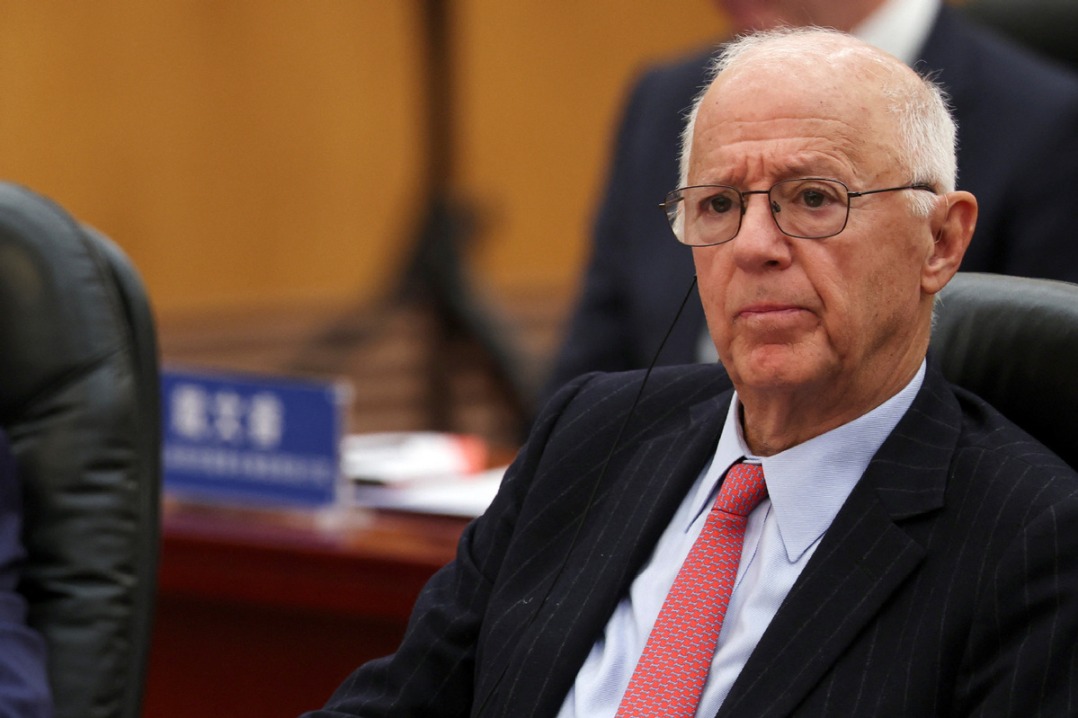SADC adopts Kiswahili as 4th working language

The Southern Africa Development Community, or SADC, has adopted Kiswahili as its fourth official language. Other SADC official languages are English, Portuguese and French.
The decision was announced at a recent summit of 16 southern African heads of state in Tanzania. Kiswahili is already an official language in Tanzania, Kenya and Rwanda and of the African Union. It's also used in some parts of central and southern Africa.
John Magufuli, chairman of SADC, made his speech in Kiswahili at the summit, appealing to the heads of state to fast-track the adoption of the language.
According to a summit communique, the leaders approved Kiswahili as the fourth SADC official working language, in recognition of the contribution of the former Tanzanian President Julius Kambarage Nyerere's role in the liberation struggle of southern Africa.
The Pan South African Language Board, which promotes multilingualism, said the inclusion of Kiswahili will help prevent the marginalization of African languages.
"Africa is the only continent where the majority of children start school using a foreign language. Across Africa, the idea persists that the international languages of wider communication including Arabic, English, French, Portuguese and Spanish are the only means for upward economic mobility," a statement from the board read.
According to the SADC leaders, Kiswahili will be adopted at the level of council and summit, first as a language for oral communication, before eventually being adopted for written official communication within the bloc.
Kiswahili thus becomes the first indigenous language to be used by the bloc as an official language at the interstate level, even as the world celebrates 2019 as the international year of indigenous languages.
David Maahlamela, chairman of the Pan South African Language Board, said Kiswahili will help safeguard integrative multilingualism inclusive of indigenous languages.
"This milestone achievement toward recognition and elevation of indigenous African languages across the SADC region forms part of the greater effort in ensuring development, usage and intellectualization of our heritage languages," he said.
Maahlamela said the board's vision is that indigenous languages will become commonplace at provincial, national, regional and continental levels.
"Kiswahili is inevitably well-positioned to integrate the SADC region, thus we fully support this long overdue resolution," he said.

































